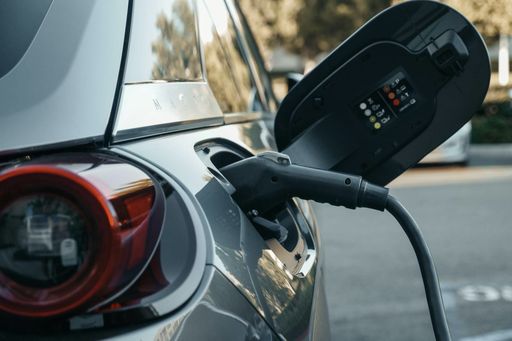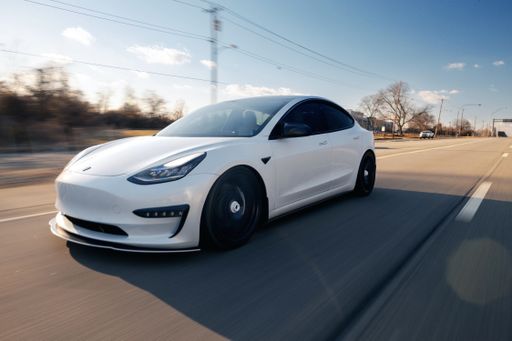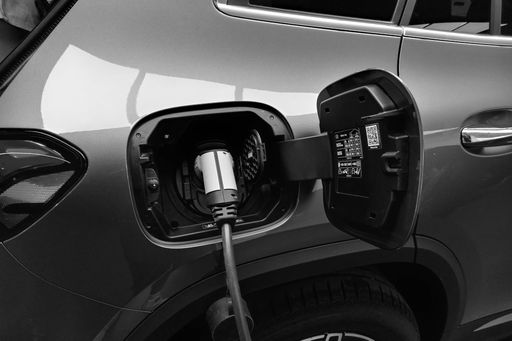Electric Vehicles Feed - Page 6

Solid-state Batteries: The Race to Revolutionize Electric Vehicles
Solid-state batteries promise more energy and improved range for electric vehicles. But can they deliver on the hype?

Ford’s Hybrid Vehicle Sales Surge in January
Ford Motor reported a slight increase in sales in January, led by a surge in hybrid vehicles.

Tesla Recalls About 2.2 Million Electric Vehicles Over Warning Light Font Size
Tesla is recalling approximately 2.2 million vehicles due to the font size on the warning lights panel being too small, posing a safety risk. The company plans to address this issue with a software update.

General Motors to Release Plug-in Hybrid Vehicles, Changing Product Lineup Strategy
General Motors is shifting its product lineup strategy to include plug-in hybrid electric vehicles (PHEVs) in order to meet federal fuel economy regulations. CEO Mary Barra revealed the plans during an investor call, but did not provide specific details. The move comes as more companies reconsider the viability of hybrids to comply with emissions standards.

Concerns Raised About Roadside Guardrail Safety for Heavy Electric Vehicles
Preliminary crash test data released by the University of Nebraska is raising concerns about the effectiveness of traditional guardrails in protecting heavy electric vehicles. The tests showed that guardrails designed to withstand the force of gas-powered vehicles can do little to stop electric vehicles, which typically weigh more and have lower centers of gravity. The results highlight the need for engineering solutions that address the weight disparity between electric and gas-powered vehicles.

The First Wireless Electric Road in the US Opens in Detroit
Detroit has become home to the first wireless electric road in the US, allowing electric vehicles to charge while driving. However, with a cost of nearly $2 million per mile, there are questions about its feasibility as a widespread transport solution.

America Is Missing Out on the Best Electric Cars
China has a wide variety of electric cars, while America's options are limited.

Race for China’s EV Market Could Last 3 Years, BYD Says, Claiming It Wants to Work with Tesla
Competition in China's electric vehicle market will continue to intensify over the next two to three years, according to Chinese automaker BYD. The company expressed interest in working with Tesla to grow the market. BYD expects to be profitable in this competitive environment, thanks to its involvement in the supply chain and its strategy of targeting different consumer price segments with sub-brands.
